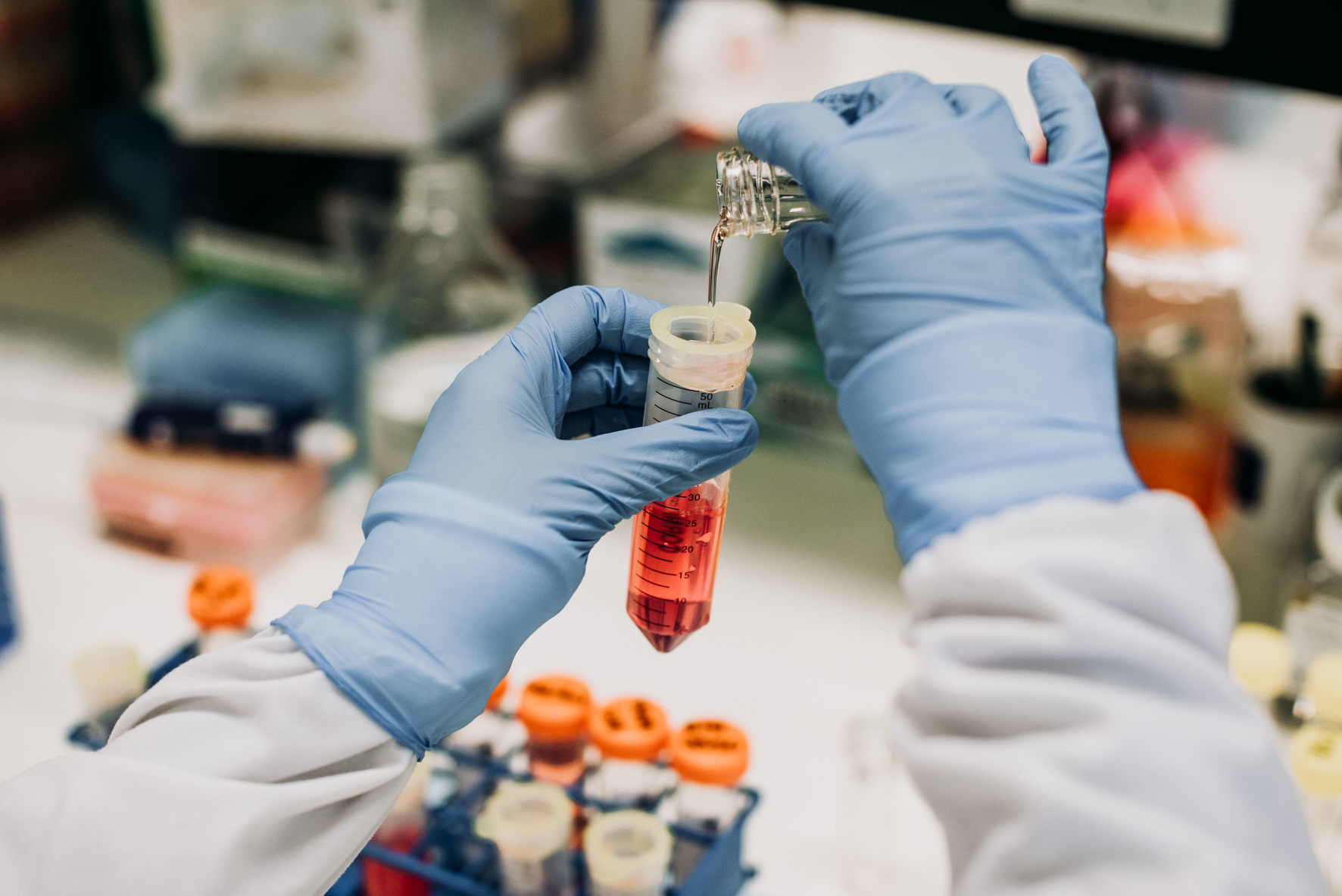The Perinatal Trial Methodology team is developing and implementing new statistical approaches to improve the quality and impact of perinatal trials.
Our research is motivated by challenges encountered in our collaborative trial work, with the knowledge and tools developed within our program directly applied to these trials.
Our team of academic trial biostatisticians investigate key methodological issues arising in perinatal trials, including:
- design and analysis methods for trials that include multiple births
- methods for addressing missing data in trials with long-term follow-up through childhood
- precision nutrition approaches for maximising benefits to infant health
- methods to account for multiple births in meta-analyses of perinatal trials

We also tackle challenges that commonly arise in perinatal trials but are directly applicable to clinical trials more broadly, including:
- responding to randomisation errors
- identifying optimal methods of covariate adjustment
- appropriate use of trial data for secondary observational analyses
- accounting for partial clustering in sample size calculations
Our team provides statistical leadership on landmark trials conducted in the SAHMRI Women & Kids theme, including the GIFT, FIG, PoppiE, PrEggNut, and WashT trials.
We also lead the South Australian node of the Australian Trials Methodology (AusTriM) Research Network. This NHMRC Centre of Research Excellence brings Australia’s leading biostatisticians with expertise in trials together with investigators who conduct landmark trials across a range of health and medical fields. We collaborate with other methodological researchers across the AusTriM network to bring exciting new ideas and developments to our research program.






